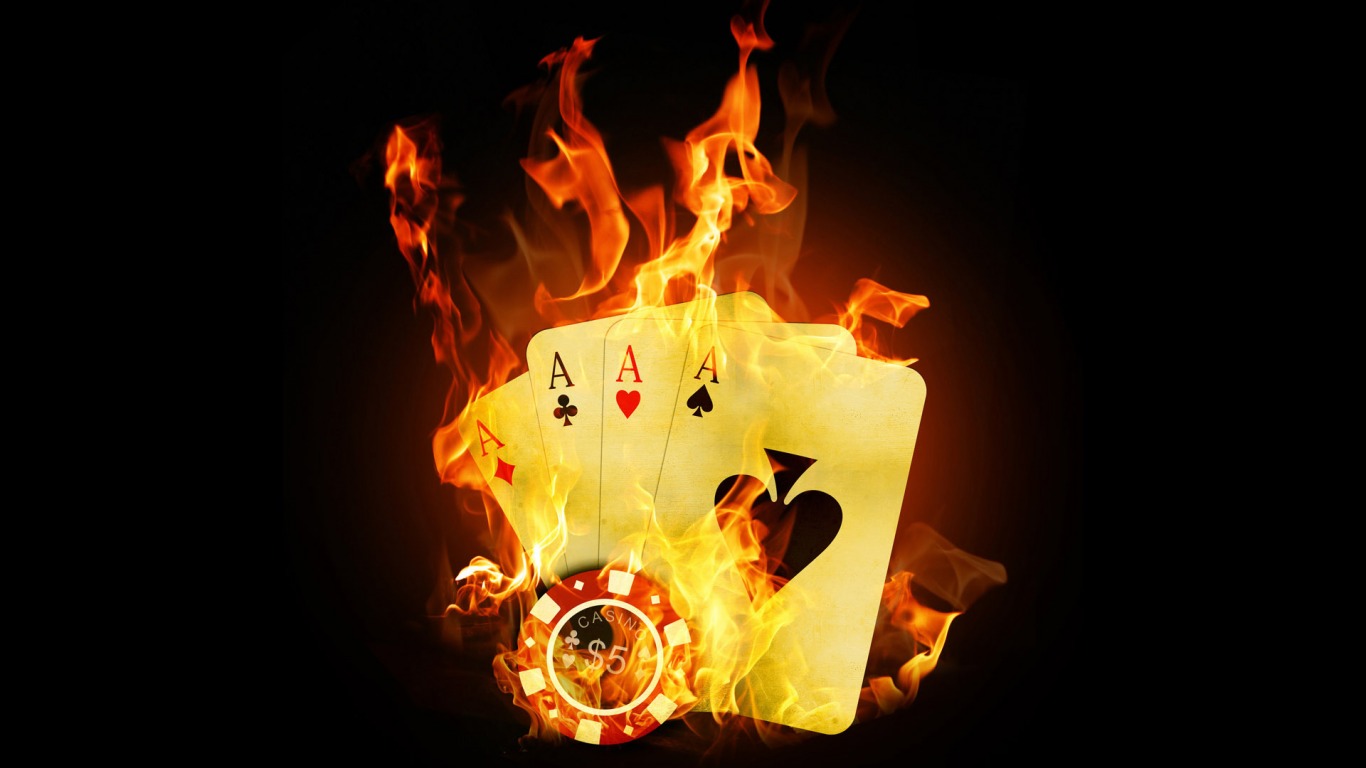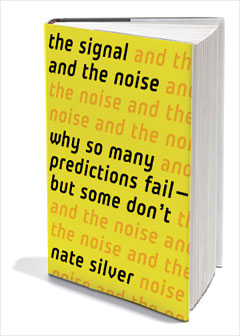
During a short lapse of time, I was playing on 12 tables at once and I must say that I wore more attention to tables, I was somehow distracted.
I would like to mention something. You cannot override the correct game Poker under the pretext of swinging your game. What I suggest is the 80-20 rule. It is a theoretical rule and I do not always apply in practice, but it's interesting to know.
The rule of the 80-20 said that if I min - raise a set on a coordinated board, I'll do 80% of the time with a set and 20% of the time with 8 high for example. Min-raiser with 8 high is what I call override correct clearance to swing your game. You can do it, but 20% of the time, not more.
Another example, if on a coordinated board with 2 hearts, I have a flush draw, I 80% of the time jammer all-in with one draw and 20% of the time jammer all in one set to make believe that I have a draw. This concept can be applied in many situations in many different ways.
I came to this conclusion. You never need to swing if you still know what your opponent thinks you have or if you always know what your opponent has. And I believe that the 80-20 rule exists because it's about the number of times where your opponent will know what you're doing. I believe that the 80-20 rule can be modified according to the time where you think that your opponent knows what you do.
If you hit a set on an A high board and you multiply the barrells, your opponent will think that your range on this kind of board will be nuts or air and he will know that you 'air' more often and then it will more often be tempted to you caller. On the other hand, if you flop a set on a board of the 258 kind, you should be more inclined to slowplayer your hand because you folder your opponent too often.
Yes, it is often the things that make sense in my head and I have difficulty to explain it and put it into words, but I would simply say that these things make sense to me and that I know instinctively. For example, you never get a credit if you push all-in on a river while the draws have missed if you never have a set in this situation. If you want to have credit in the eyes of an alert player, you sometimes need to do the opposite of what you want to think you do. There are so many way to swing and I think that people don't think enough and maybe that me I think too.
There is one last thing I want to talk about. In your 9th dimension of poker player where you play an infinite number of hands against the same opponents, you are not quite in the reality. You will actually play a few thousands of hands only against some players, sometimes more if you play between regular, but, when you play against these guys, you should know absolutely what image these players have of you and what perception you leave the table. Important also is to make believe your opponent that when you make a game, is that you always do this game.
For example, personally, I do 3 - bet never or almost peers pockets. Pairs of 2 to 7 never, rarely 8.
Now, imagine that I 3bet once randomly 3 because it has a lot of regulars at the table and I try to show my hand, check-Cabrera or even by bluffing. Subsequently, people will go see in their hand history or their tracker and see that I had pocket 3 here.
I made this game once and a few players will be able to think that I am all the time this game. Now, when a player that does me knows not much will play a hand against me, in this situation, it will put a hand like pocket 3 in my range.
[Gabe] Yes, but, knowing how they perceive your range, is not easy. And that is why his swing is so well, because you do not really have to worry about their perception of our range.
What is important to remember I think is, the day that everyone apply to perfection the theory, due to swing will no longer important because everyone will know always the best game to make, but because at the moment people do not always know the best game to do, need swing his game between making the best game and Bluff for example, in certain situations.
The chapter went well, because psychology is something very difficult to identify, and the reason why it is something very difficult to understand is that it is often a matter of situation. We tried to give you general ideas, but you will need to make the best decisions according to the situation in particular.
The decision you make at the moment will have to be dependent on the hand or hands you have played 10 minutes ago, days ago, etc.
CA report with the fact of "leveler". It is difficult though "leveller", but you must you practice to do so. You can make a game a hundred times against an opponent and then try to think of a second level. People often think it's chance, but if I play hundreds of hands against an opponent and that I level good, I have an advantage over him.
Discuss this article on the forums of PokerCollectif: some notes of psychology in poker - last part




